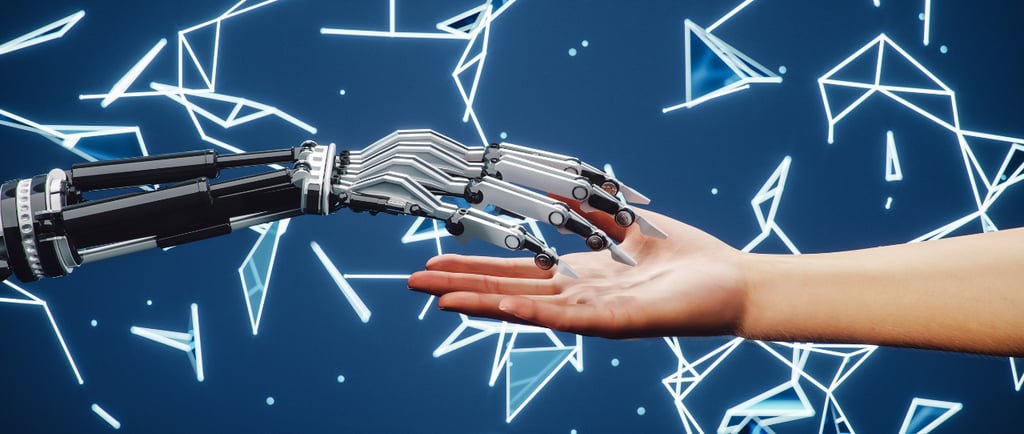Fear of Losing Your Job – or the Dawn of a New Opportunity?
5/30/20251 min read


AI-powered autonomous systems are reshaping operations across tourism and service industries. Today, a well-designed digital brain can replace the work of dozens.
But what does the shrinking need for human labor mean for those who remain?
Who will come out ahead?
If managed correctly, the winners will enjoy:
✔️ Higher salaries
✔️ Shorter working hours
✔️ Better work environments
Autonomous systems reduce costs — and that margin can be reinvested in better pay and benefits for employees.
Skilled professionals will be freed from routine tasks, shifting their focus to creative and strategic roles.
Will Working Hours Decrease?
Yes — they can.
Autonomous systems operate 24/7, lightening the human workload.
Some companies in Europe are already moving to a 4-day workweek.
In the near future, it may be possible to work just 25–30 hours a week and earn the same — or more.
But What About Those Who Lose Their Jobs?
Every transformation has short-term "losers." This is where governments must step in:
✔️ Universal Basic Income (UBI)
✔️ Reskilling and education programs
✔️ Workforce reintegration projects
Taxation on autonomous productivity can be used to fund this social transformation — fairly and sustainably.
The Outcome?
AI and autonomous systems will:
✔️ Boost efficiency
✔️ Cut costs
But if the human factor is ignored, social unrest is inevitable.
So Who Will Win?
Businesses that embrace AI + Human Collaboration
Governments with visionary social and tech policies
Individuals open to learning, evolving, and upskilling
What do you think?
Will people work less and earn more?
Is Universal Basic Income a dream or a necessity?
Should our education systems adapt to this new reality?
Let’s discuss it below
🔗 VolkanKus.com • AdvisorV.com • OtelMarkan.com
#AI #Automation #FutureOfWork #HotelManagement #Consulting #AdvisorV #OtelMarkan
Address
Halaskargazi Caddesi N:39
Sisli, Istanbul Turkey
Istanbul I London I Rome I Budapest I Texas
